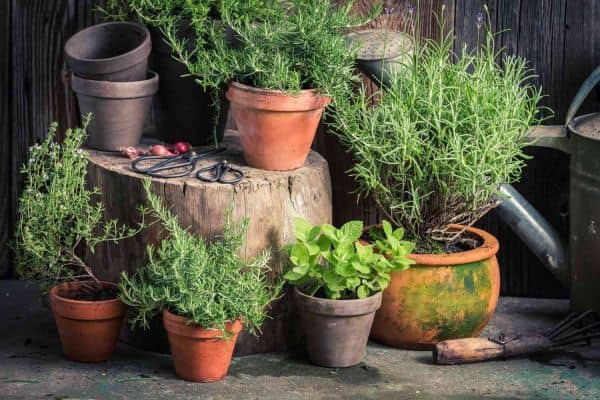Keeping unwanted bugs is hard as they can damage your plants. If you use chemicals it not only keeps unwanted bugs it also affects beneficial bugs and it also affects plants.
So these are the 15 plants that will keep unwanted bugs and insects out of your garden and protect your plants:
1. Mint
Mint is one of the plants that humans can also consume in different ways and it also helps to keep unwanted bugs in your garden as they have a refreshing scent. They help to repel bugs and insect-like cabbage moths, aphids, and ants.
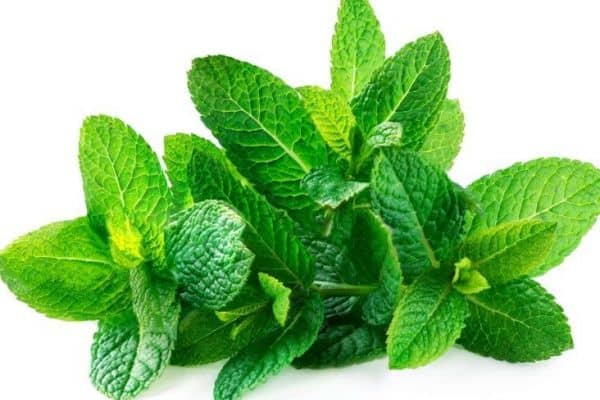
You have to be cautious as the mint plant can spread rapidly in land so you can plant mint in containers to keep them in control. And help your garden to keep unwanted bugs or insects off your garden through mint aromatic oils which act as natural insecticides.
2. Lemon Balm (Melissa officinalis)
Lemon balm also known as Melissa officinalis helps to repel mosquitos off your garden with its citrusy aroma. Mosquitos are one of the greatest problems in the garden as they love warm and moist places and near plants are best for them as they have a lot of moisture.
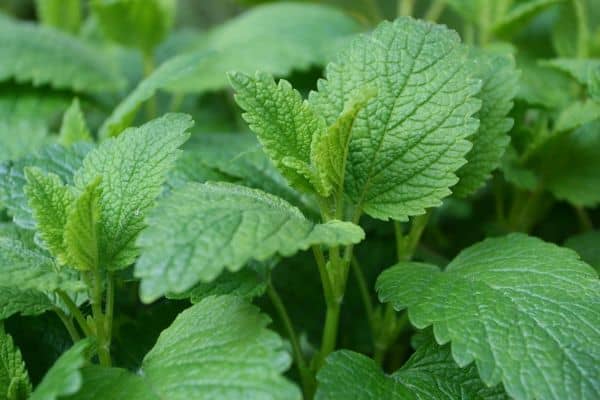
Lemon balm not only repels mosquitos off your garden it also keeps unwanted bugs like gnats, flying insects, and ants. You can also crush the leaves of the plant and rub them on your skin to keep mosquitos off yourself.
3. Rosemary (Rosmarinus officinalis)
Rosemary is also one of the best natural insect repellants as it is also a good food decor and healthy to eat for humans. As rosemary is a versatile culinary herb its fragrance helps to keep unwanted bugs like cabbage moths, mosquitoes, and carrot flies.
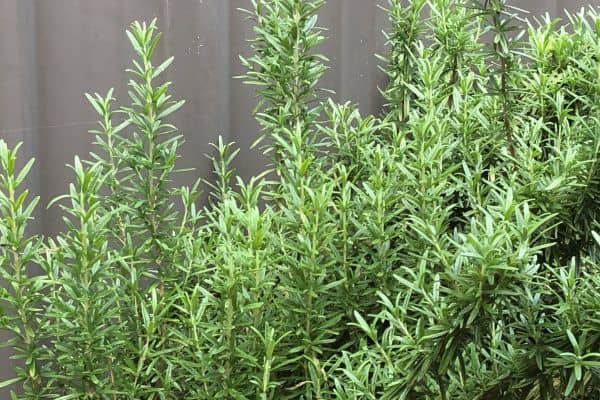
Rosemary plants can be planted near the vegetable garden or be used as a border plant and keep unwanted bugs out of your garden with the help of its strong odor which confuses insects and disrupts their feeding habits.
4. Basil (Ocimum basilicum)
Basil is also one of the popular herbs like rosemary and mint which adds a ton of flavour to your foods as basil is one of the mint family. Their rich aroma helps to keep unwanted bugs like thrips, aphids, flies, and mosquitos.
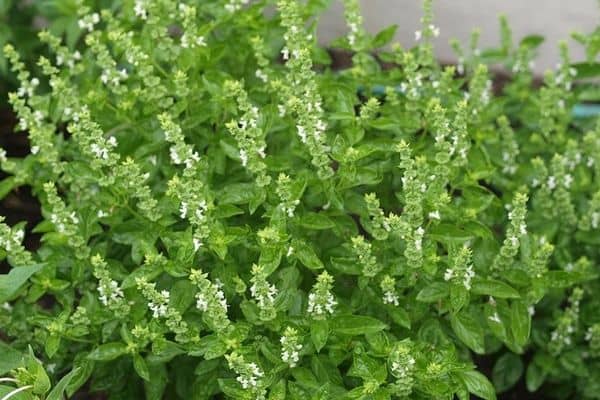
Basil can also be planted near the tomatoes as they help to enhance the tomato’s flavor or you can grow them near doors, windows, or outdoor dining areas to prevent bug intrusions.
5. Cilantro (Coriandrum sativum)
Cilantro also known as Coriandrum sativum or the famous name coriander is a perfect herb that also makes food aromatic with taste and also helps to keep unwanted bugs like spider mites, aphids, and potato beetles.
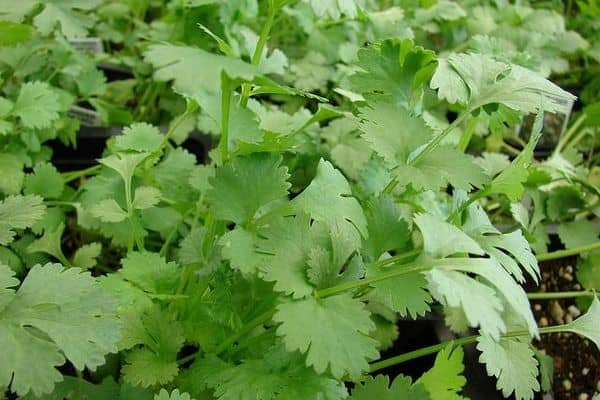
Cilantro or coriander can also be planted near potatoes, peppers, and tomatoes while keeping unwanted common bugs from your garden.
6. Catnip (Nepeta cataria)
Catnip also known as Nepeta cataria is the best plant to repel bugs and insects like cockroaches, ants, mosquitoes, and flies. It is also known for attracting cat species like feline friends as the plant name is also catnip.
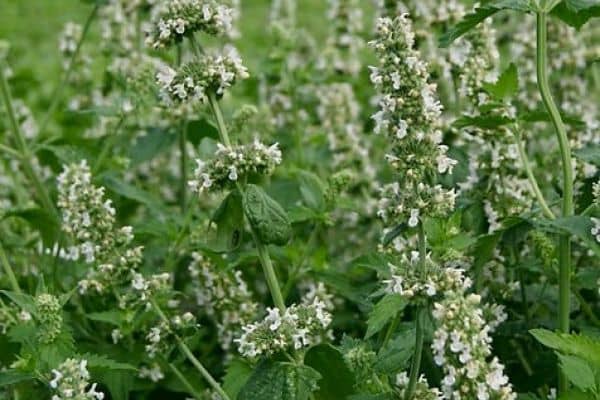
Catnip has essential oils like nepetalactone which is one of the best oils to keep unwanted bugs and insects out of your garden.
7. Dill (Anethum graveolens)
Dill is also an excellent plant that keeps unwanted bugs and insects out of your garden. The plant can also be used in human food to add fresh flavor. They keep unwanted bugs like squash bugs, spider mites, aphids, and cabbage loopers with the help of their feathery leaves that emit strong fragrances.
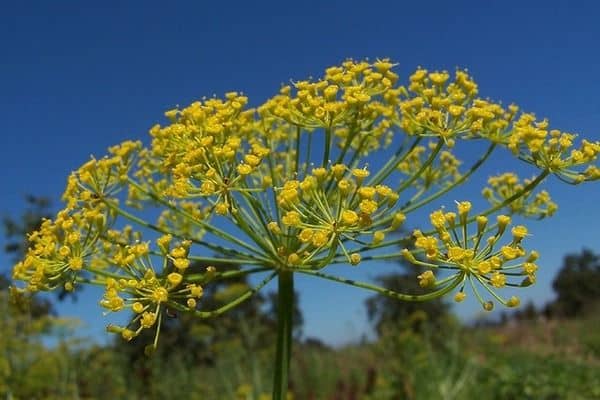
You can also plant dill near your vegetable sections like cucumbers, lettuce, and other susceptible plants which helps them from potential infestations.
8. Aliums (Allium)
Aliums or Allium is a flowering plant known for cultivating onion, garlic, scallion, shallot, leek, and chives. It is not only good for food but it is also good for keeping unwanted bugs out of your garden. It keeps unwanted bugs like carrot flies, deterring aphids, and slugs as they have strong odor.
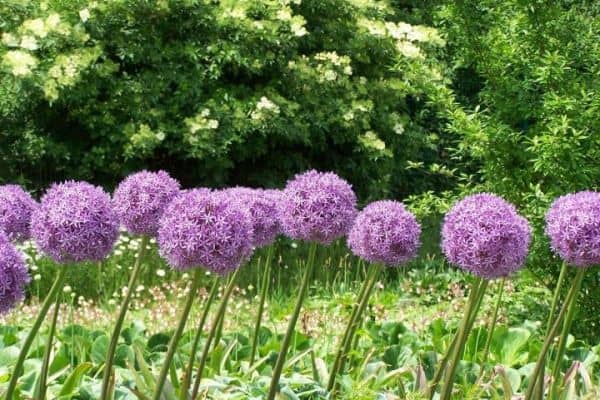
Alium plants can be planted among flower beds and susceptible crops to keep unwanted bugs out of the garden. Or you can even use garlic spray. to protect your garden from unwanted bugs.
9. Lavender (Lavandula)
Lavender or Lavandula is a purple flowering plant and fragrant herb that is also known for there highly effective in keeping unwanted bugs out of the garden. They can keep out bugs like moths, fleas, mosquitoes, and flies.
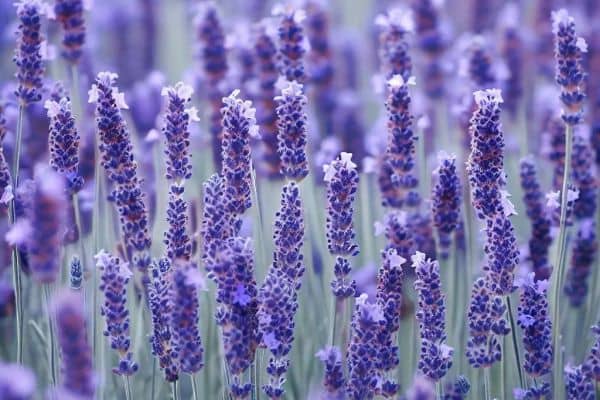
Lavender has a very aromatic aroma which also helps to attract beneficial pollinators which helps to keep unwanted bugs out of your garden. Dry lavender can also be used to make homemade sachets or insect-repellent sprays.
10. Sunflower (Helianthus annuus)
Sunflower is a beautiful and stunning flower plant that attracts beneficial bugs. They attract beneficial bugs like ladybugs and lacewings as they have tall stems and large flower heads and provide shelter to those bugs.

Sunflowers attract ladybugs and lacewings which later feed on aphids and other harmful bugs and insects. YOu can also plant them near your vegetable garden to attract beneficial bugs to control unwanted bugs.
11. Chrysanthemums (Chrysanthemum)
Chrysanthemums are one of the widely used commercial repellents and it also contains a natural insecticide called pyrethrum. It not only keeps unwanted bugs and insects it also adds a lot of vibrant color to your garden. It also keeps unwanted bugs and insects like beetles, ants, aphids, cockroaches, ticks, and a lot of other insects.

Chrysanthemum flowers can also be dried and ground to make a powerful insecticide spray to keep unwanted bugs. You need to plant those plants and prevent pest control naturally.
12. Tansy (Tanacetum vulgare)
Tansy is also a natural and powerful insect repellent that can keep a wide range of unwanted bugs from your garden. The plant contains a natural chemical called pyrethrum which is toxic to unwanted bugs.
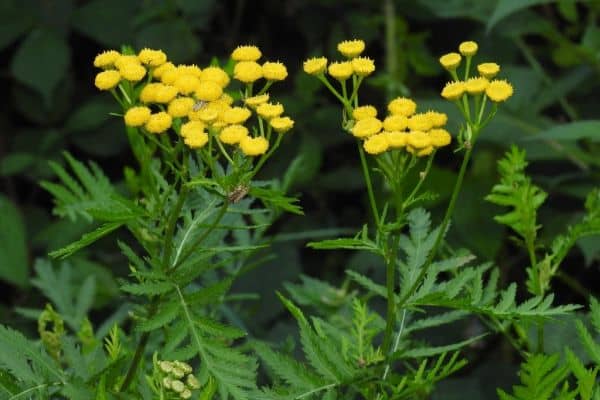
Tansy keeps unwanted bugs like mosquitoes, flies, and ants. You can also plant tansy as a border plant or companion plant to protect your garden from harmful pests.
13. Marigold (Tagetes)
Marigold is a beautiful and vibrant colored plant that has a scent that can naturally repel insects. They can keep unwanted bugs like aphids, whiteflies, mealybugs, and nematodes.
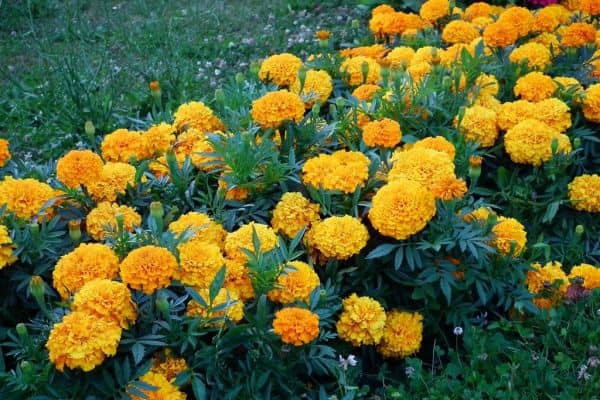
Marigolds can be planted near the entrances or gates of your garden to keep unwanted bugs and insects out but they can also give your garden a beautiful look.
14. Geraniums (Pelargonium)
Geraniums a beautiful flower plants that give out a strong smell that helps to keep unwanted bugs and insects like mosquitoes, leafhoppers, and cabbage worms out of the garden. You can plant them in pots or containers near window or in the entryways.
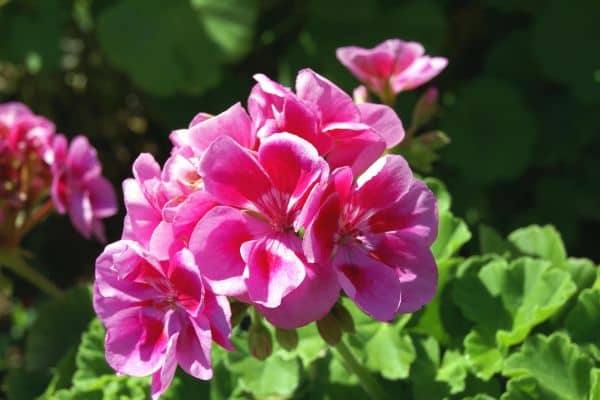
15. Nasturtium (Tropaeolum)
Nasturtiums have vibrant colored flowers that brighten up your garden a lot. They not only look beautiful but also act as trap plants as they attract unwanted pets from the valuable plants. They can keep unwanted bugs like aphids, whiteflies, squash bugs, and other common garden pests.
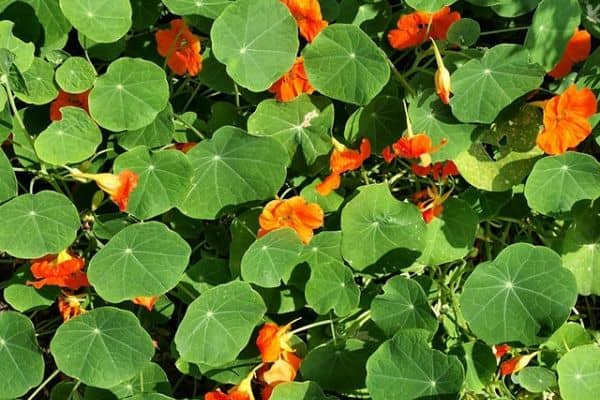
Also Read: Green Cleaning: 7 Easy Steps to Eco-Friendly Cleaning Practices
